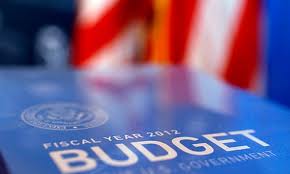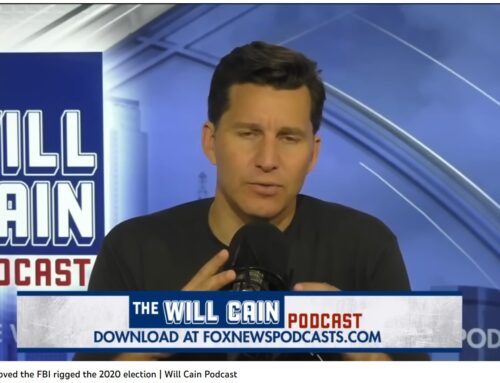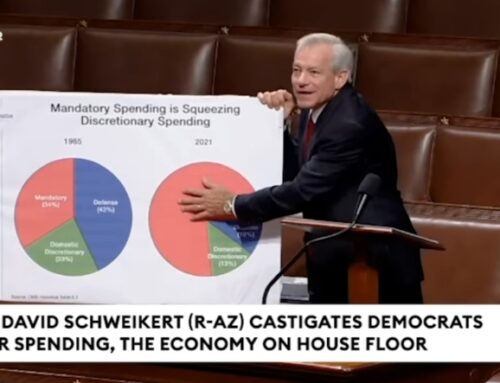When I started teaching summer school this year, I told my students, most of whom had failed English 9, that I was there because I had failed. Specifically, I had failed to manage my money properly and was taking the majority of my summer school pay to pay off my last credit card. I paid off almost half of it today and will pay off the other half at the end of the month.
Paying off debt is part of my long-term strategy to achieve financial freedom. After that last payment, I will be more financially free, free to give more, save more, invest, and accelerate my mortgage payoff.
Getting debt free living on cash hasn’t been fun. I haven’t had a vacation, beyond a weekend every now and then, in twenty years. I’ve put off buying glasses and repairing air conditioning in cars. I don’t own a high def television or a suit. I wear my work clothes until they get frayed, and then they turn into yard clothes, after which they are used to stake tomatoes. I wear shoes until they fall apart. My wife and I came up with a list of 50 or so major purchases we’d like to make, mostly significant home improvements, all of which will have to wait until we can pay cash for them. It’s all part of the price of financial freedom.
My hatred of debt and my willingness to work hard and sacrifice to pay it off makes it hard for me to understand Washington’s que sera sera attitude towards passing tens of trillions of dollars in debt to our children and grandchildren and their children and their children, …etc. The debt ceiling and spending “cut” debate is surreal everywhere but inside the Beltway.
For one thing, the language is different. When most of us hear the phrase “spending cut,” we think it means spending less than we spent before. Therefore, when I heard conservative Tea Party congressmen talking about spending cuts in the trillions, I thought that we would be spending somewhat less this year than we did last year.
But no. In Washington, a spending cut means a cut in a planned spending increase. Imagine that Congress plans to spend an additional 50 billion dollars on, say, student loans and grants. During a fierce budget debate, one side agrees to sacrifice half of that spending increase. It is then declared that Congress has cut 25 billion from student loans and grants when they’ve actually increased it by 25 billion. I’m only an English teacher, and maybe a doe-eyed idealist, but that doesn’t sound like a spending cut to me.
“Getting control of debt” also has different meanings in our parallel universes. For most of us, getting control of debt includes some plan for paying off our debts. In Washington, controlling debt means slowing the growth rate of debt. If Congress were to decide to implement Paul Ryan’s plan to control federal spending (which drastically cuts Medicare so that we deny Granny health care, throw her in the gutter and stomp on her head), spending would actually increase about three percent a year. The debt would increase from about 14.3 trillion dollars today to about 21 trillion dollars in 2021. I need somebody to explain to me how increasing our debt by nearly 50 percent is controlling it.
When we decide to have a real debate about the federal budget and debt, as opposed to the Kabuki theater we’ve had this summer, we need to use language that reflects reality and develop a plan that controls government spending in reality. For example, reality is we are not going to cut federal spending unless we reform Social Security and Medicare. To buy some time, we can immediately establish means testing; millionaires are not waiting by the mailbox for their Social Security checks. We can also raise the age the people begin receiving benefits.
In the long run, we have to make some tough choices. Citizens are increasingly living into their 80s and 90s, collecting Social Security for 20 plus years. We can’t afford that. As opposed to executing our senior citizens or taxing future generations into poverty, we need to decide when and how to sunset these programs and put the freedom and responsibility to provide for our later years into our own capable hands.






